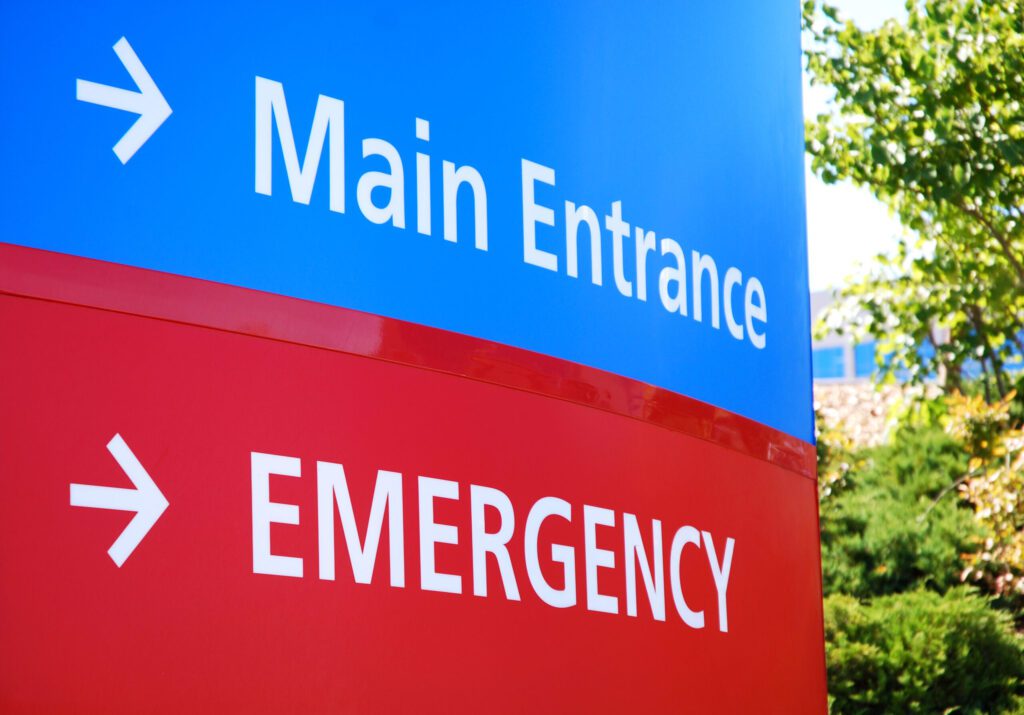Urgent Care Facilities Help to Ease the Burden on Emergency Rooms
by TERESA SCHIFFER
When patients are experiencing a medical emergency, whether it’s a serious injury or symptoms of severe illness, it’s important for them to get the right care. While an emergency room may be first to come to mind, sometimes a situation isn’t quite an emergency but still warrants immediate attention. This is why urgent care clinics are popping up throughout the country.
While it’s hard to accurately assess current average trends for urgent care facilities due to the COVID-19 crisis, it is correct to say that the popularity and usage of these clinics has been on the rise for the past several years. From 2013 to 2019, the number of urgent care centers in the U.S. grew from about 6,100 to more than 9,600. By 2019, they were averaging about 30 visits per day each.
April of 2020 was the lowest month on record for visits to urgent care facilities, most likely due to the general quarantines caused by the coronavirus pandemic, with an average of 17.8 visits per day. By June of that year, visits had risen to 33.3 visits per day, with COVID-19 being the most common cause for patients to visit an urgent care center.
Here in Central Florida, Polk County has seen massive growth in healthcare services in recent years, with a number of expansions to established institutions. For example, Watson Clinic has established two urgent care centers in Lakeland. Jarett Gregory, DO, is a physician at Watson Clinic Urgent Care South, which is located on Frontage Road in South Lakeland near the Oakbridge Shopping Center.
“Urgent care has a wide definition across the country,” Gregory explains. “Watson Clinic has created, basically, an ER alternative. An urgent care center like Watson Clinic’s has a number of ancillary services, like CAT scans, X-rays, ultrasound, full laboratory services. That’s not always the case if you go somewhere else in the country. But for us in Lakeland and Central Florida, Urgent Care is your ER alternative, which is time-efficient care at a reduced cost without sacrificing the quality or integrity of the care you’ll receive.”
This means that unlike many other urgent care facilities nationwide, Watson Clinic Urgent Care South is able to handle complaints such as chest pains, broken bones and lacerations. These types of conditions would normally be directed to an emergency room. COVID screening and testing can also be conducted at the Watson Clinic Urgent Care centers. By taking these types of patients, urgent care facilities are able to relieve some of the burden from ERs, where roughly one-third of the patients are non-urgent.
Which One Is Right for You?
So how does a patient determine whether they should go to an urgent care center or an emergency room? For one thing, time of day makes a difference. While some urgent care clinics are open 24 hours, not all are. The urgent care centers that are operated by Watson Clinic are open and available seven days a week from 8 a.m. to 6 p.m. Furthermore, if a person has sustained a massive injury, such as in a car accident, or if they are being transported by ambulance, the ER would be the appropriate destination. Other cases that should be directed to an emergency room immediately include those in which the patient’s vital signs are unstable, a broken bone is exposed, or the patient has sustained massive head trauma or a significant loss of blood.
Given the level of high-tech equipment at the Watson Clinic urgent care centers, they are currently being somewhat underutilized and could handle more volume than they are getting right now. Although Watson Clinic has done an outstanding job of informing the public of the existence of these facilities, patients should also be encouraged by their primary care physicians and other healthcare providers to make use of urgent care clinics whenever possible for minor emergencies.
Most insurance carriers, as well as Medicaid for pediatric patients, cover visits to an urgent care center. In addition, the cost of treatment at an urgent care clinic is much lower than being treated in an emergency room of a hospital, making this option far more viable for those individuals without any form of medical insurance.
Gregory describes the Watson Clinic Urgent Care South, summing up how it can benefit Polk County residents as well as visitors to the area, “If we can get people to have that knowledge that they can use it when they need it, it would help them to save those already stretched healthcare dollars.”
